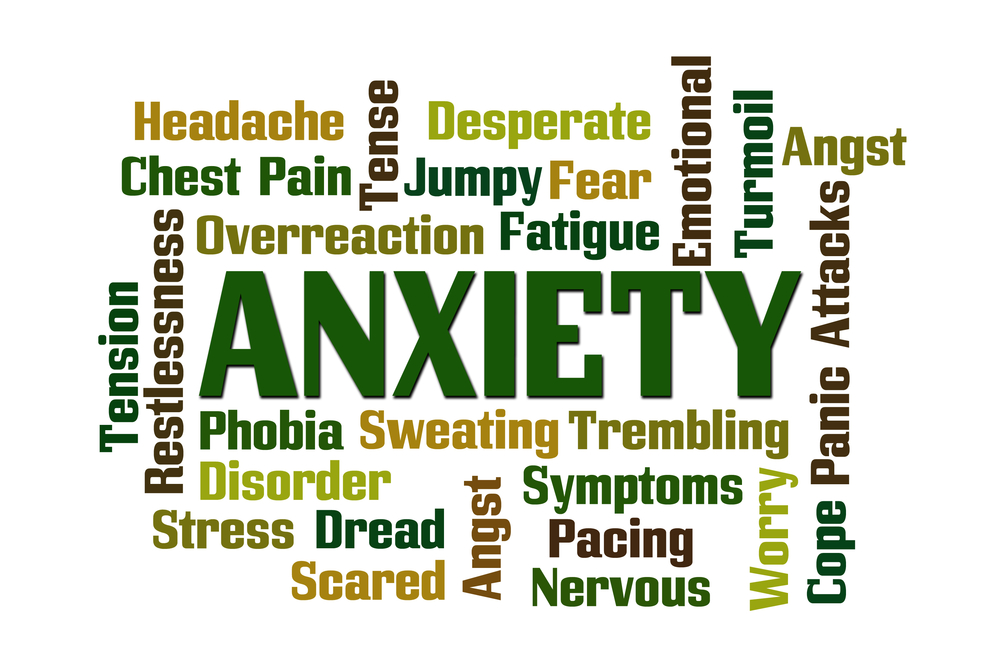Alzheimer’s disease isn’t a natural part of aging, but old age is the most important risk factor for the disease. Scientists are working to develop effective ways to avoid Alzheimer’s. Healthy lifestyle habits like eating a balanced diet, increasing physical activity, quitting smoking and excessive drinking may help prevent dementia.
Most adults in the United States live vital and productive lives, but if data is to be believed, around 16 million are dealing with some form of cognitive impairment. Brain or cognitive health refers to planning, remembering, concentrating, learning new things, or making decisions. When cognitive health is impaired, a person may find difficulty with these skills that affect everyday routine. People of all ages can experience mild to moderate cognitive impairment. An individual with mild cognitive impairment may be aware of difficulty remembering things, but it may not be common in others. Most of these people are capable of performing their everyday activities.
Individuals with more severe cognitive impairment often have trouble expressing themselves and understanding others. They may often find difficulty in completing tasks such as managing finances or preparing meals.
The link between Lifestyle and Alzheimer’s
It is important to promote brain health and reduce Alzheimer’s risk. The goal of addressing Alzheimer’s disease includes healthy behaviors such as eating a balanced diet, increasing physical activity, quitting cigarette smoking, and excessive drinking. As per the Centers for Disease Control and Prevention, there are certain risk factors for Azheimer’s disease, which include diabetes, high blood pressure, obesity, hearing loss, smoking, depression, and binge drinking. These risk factors are common among adults 45 years and older. Depending on the type of disease, if symptoms of cognitive impairment are identified earlier, interventions can introduce earlier that may help to prevent dementia symptoms and continuing damage to the brain.
Besides age, other risk factors include heredity, head injury, education level, family history, physical inactivity, exposure to pesticides or toxins, and chronic health conditions such as heart problems, diabetes, and high blood pressure.
Currently, there is no cure for people with Alzheimer’s disease or related dementia, but healthy lifestyle choices may help ward off Alzheimer’s. Here are the things to do to avoid Alzheimer’s:
-
- Manage high blood pressure: Tens of millions of adult people in the US have high blood pressure, and many do not have it under control.
- Manage diabetes: Learn ways to control blood sugar levels if you have diabetes.
- Be physically active: Physical activity makes you physically fit and improves mental health, reduces the risk of depression and anxiety, and helps you sleep better.
- Get adequate sleep: Many people usually get less sleep than the suggested amount. How much sleep one needs depends on their age.
- Quit smoking: Quitting smoking manages brain health and helps reduce the risk of cancer, heart disease, lung disorder, and other smoking-related health complications.
- Avoid excessive alcohol consumption: If you drink, limit intake. There are conflicting clinical reports about the benefit of moderate alcohol consumption (one or two drinks for males, one drink a day for females) and reduced risk of Alzheimer’s. It is thought that wine and not all forms of alcohol may benefit, but this has not been approved.
- Stress less: Daily stresses of deadlines, job strain, obligations, and worry can hamper your physical and mental health. Chronic stress may be associated with increased heart disease and a decline in brain cells. Include meditation in your daily routine. Be mindful, engage your senses, and notice your breathing.
- Manage medications: As we age, our brains become more sensitive to the adverse reactions of certain medications. Older adults should be particularly cautious about anticholinergics, benzodiazepines, and nonsteroidal anti-inflammatory drugs.
It may be tough for some to make all these changes at once; try making them gradually. For instance, getting an annual physical exam, getting an extra 20 minutes of sleep at night, or simply taking a brisk walk daily may make a huge difference to your brain health.
Treatment for mild to moderate Alzheimer’s disease
Treatments may change disease progression and may help treat symptoms. Rivastigmine, donepezil, and galantamine are prescribed to treat mild to moderate Alzheimer’s symptoms. These medications may help reduce or control some cognitive symptoms. In several clinical trials, Influenza vaccines have been shown to reduce the risk of Alzheimer’s among adults aged 65. The study revealed that patients who received flu shots for Alzheimer’s disease were 40% less likely to develop the disease over the four-year follow-up period.
Verdict!
To prevent dementia, research suggests eating a balanced diet, being physically active, and keeping your mind active is essential. Healthy habits can help prevent Alzheimer’s, and other chronic health issues. You can speak to your healthcare provider to discuss other things to do to avoid Alzheimer’s.
Various factors contribute to deteriorating brain health, and your healthcare specialist will help you determine what’s normal and when you need medical help.




